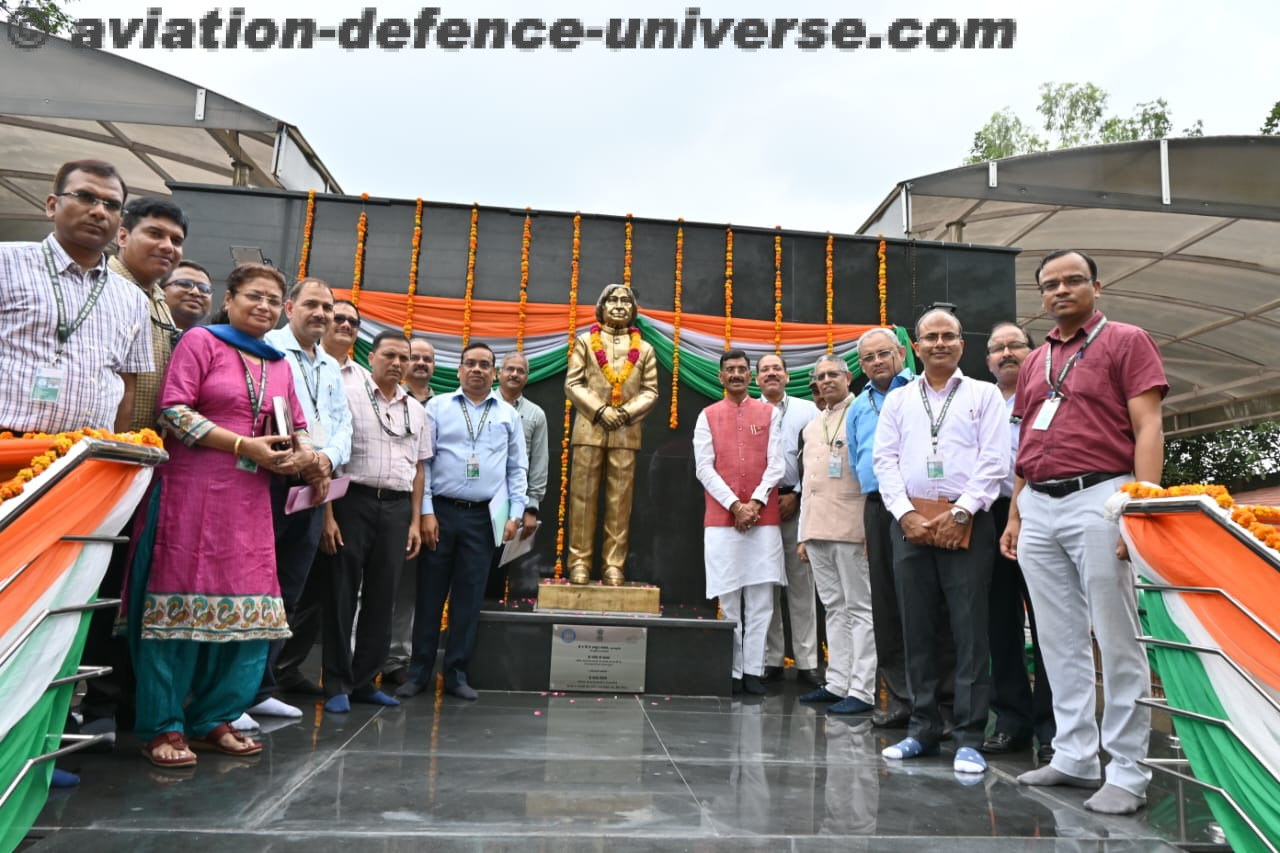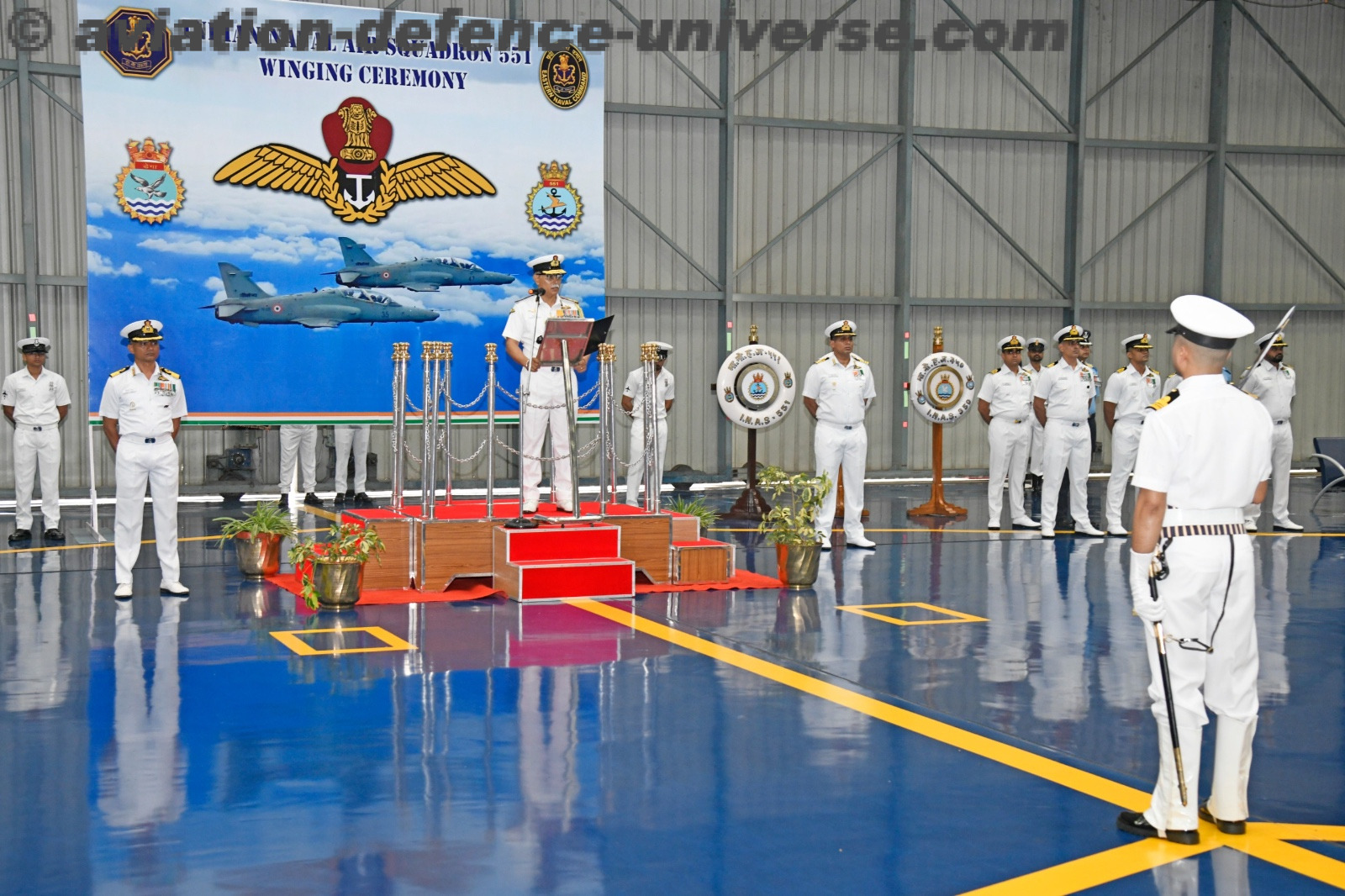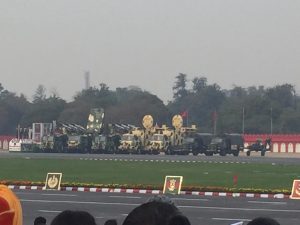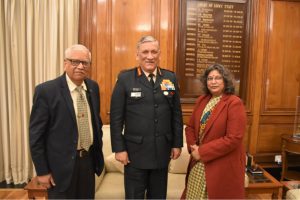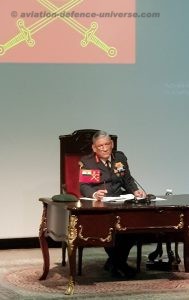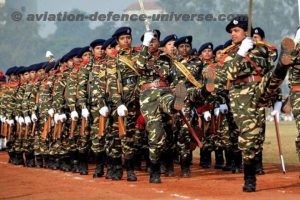
By Surbhi Mahajan
New Delhi. 14 January 2019. Prime Minister Narendra Modi’s announcement from Red Fort on Independence Day that the Army would open its door wider for women, is like music to the ears of half the population of India. “Women officers commissioned in short service will get opportunity for permanent commission like their male counterparts,” he said.
The Indian Army is the third largest army in the world in terms of size, based on the number of personnel and in world’s most male-dominated profession, women have proved yet again their capabilities and removed the shackles of gender disparity. Women in Armed Forces are not only taking up leadership qualities but also are serving the country in places where many fear to tread.
Planning to provide 400 permanent commissions for women in the field of languages, cyber and space operations is going on by Indian army. Specialist officers in the field of cyber and space can be fulfilled by lady officers and they are expected to serve for longer periods. It is felt that our system lack interpreters for Chinese, Sinhalese, Burmese and Vietnamese languages, which can fully be taken care of by the lady officers. Earlier, women in Indian Armed Forces were only allowed to fly helicopters and transport aircraft, now they are already flying fighter jets and soon with the pace they are moving ahead, they will prosper combat roles in both navy and army.
Starting with the Indian Air Force from June 2017, President Pranab Mukherjee announced the induction of women in combat roles across all sections of Armed Forces. Although women have been serving for almost 25 years but induction of women in combat roles will significantly boost the number of women in Indian Army. Women will also be inducted as jawans in military police wing to help troofs in operations. The women officers were also inducted as Short Service Cadets in Army for the maximum term of 14 years approved in 1992. Women were first inducted in the Military Nursing service in 1927 and in the Medical Officers Cadre in 1943. In 1992, the Indian Army began inducting women officers in non-medical roles.
Exemplary performance of some of the most respected female soldiers is with us who have proved that women are no less than their male counterpart. The daughter of a police officer who was enrolled as Cadet no 001, Priya Jhingan became the first women cadet to join the Indian Army alongside a batch of 25 other feisty women. In 1992, it was this first set of women who became trailblazers for women in the armed forces. She wanted to wear olive green uniform and march throughout her life which became true when she entered the Army. Priya received her service commission on 6th March 1993, after completing her training at the Officers Training Academy in Chennai. Priya retired in 2002 as Major Priya Jhingan and her journey has been inspiring, motivating and encouraging to several other women who aspire to overcome all odds and flourish in armed forces.
In republic day parade 2015, Captain Divya Ajith Kumar commanded the first all-women contingent of the Armed Forces attended by then US President Barack Obama. She also became the first women to be awarded the coveted Sword of Honour during her training. In 2012, she won gold medal for her sharpshooting prowess at the General JJ Singh Officers Air Weapons Competition.
The Indian Army Women Everest Expedition 2012 was led by Major Neha Bhatnagar. She commanded one of two climbing teams containing 22 members who scaled Mount Everest on 26 May. In her 14 years of service, she earned the Everest Badge, the Vishisht Seva Medal, three Commendation Cards and a Distinguished Service Medal. She joined Indian army in 2002, mountaineering since 2009; she trained in Siachen and in remote areas beyond Manali for Everest Expedition along with Mount Kosciuszko.
Mitali Madhumita, another brave hearted Army Officer with her flair of languages came in handy during toughest times. During the February 2010 Kabul attack, she saved many lives and became first Women Officer to be awarded the Sena Medal for gallantry 2011. The Rourkela-born Madhumita was also one of the First Women Officers to go to Kabul and lead a training team in 2010. She taught communication skills in the army and was an early entrant to the NCC, where she flew gliders and won India gold medal for aero modeling. In 2000, commissioned as a lieutenant, Madhumita was posted in Jammu and Kashmir and on Independence Day 2017, she received the General Officer Commanding in-Chief’s Commendation Card for professional excellence.
Anjana Bhaduria, first women to win gold medal in Indian Army, entered Armed Forces through Women Special Entry Scheme (WSES), served Indian Army for 10 years. She was accepted in the first-ever batch of women candidates (1992) in the Indian Army and was chosen from a batch of both men and women for the gold medal.
Priya Semwal, scripted the history in 2014, when she entered the army as the first martyred soldier’s wife to join as an officer in the armed forces. When the 27-year-old mother of 5-year-old daughter Khwahish Sharma heard the death of her husband, Naik Amit Sharma in 2012 serving with the 14 Rajput regiments in a counter-insurgery operation, Semwal’s future looked bleak but she did not give up. She was inducted into the Corps of the Electrical and Mechanical Engineering of Army (EME). During her training, she received 12 medals for endurance, physical training and outdoor training and 2 gold medals for cross country racing.
These were the tales of some women who have surmounted huge social, personal and systematic odd and prowess and valour displayed by these women will always be remembered. Today, leadership roles are taken over by women hailing from diverse nations and regions and they are marking their territory in all fields with their commendable work. Many say that attitude and mindset towards them have evolved over the decades. But the fastest way mindsets change is when men work with women.
Women should be allowed to join combat arms in the Indian army. Women are often times better fighters than men, so they should have a role in the army that is as large as a man’s, and perhaps greater. Women deserve a chance to finally make a difference in the army.













